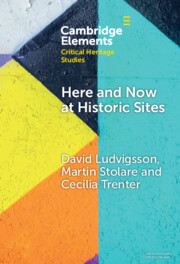This article reports on an inquiry that used permaculture design thinking to create a science and sustainability education intervention for a secondary science class. The aims were to cultivate student attitudes towards science, towards learning science in school, and towards the environment, and to trellis learning of science and sustainability. Research into impacts of the intervention took the form of an interpretive, mixed methods case study, which included the use of questionnaires, interviews and observations. As a context for learning, local permaculture food production projects, as experienced through field trips in the intervention, appear to promote the relevance of science and sustainability learning and the ability to engage students. Science and sustainability learning outcomes appeared to vary among students, although nearly all of them reported they enjoyed learning science with a focus on the environment, including one group of students who reported they did not generally enjoy learning science in school. There was some evidence that the teacher transformed his own thinking through his participation in the intervention.


